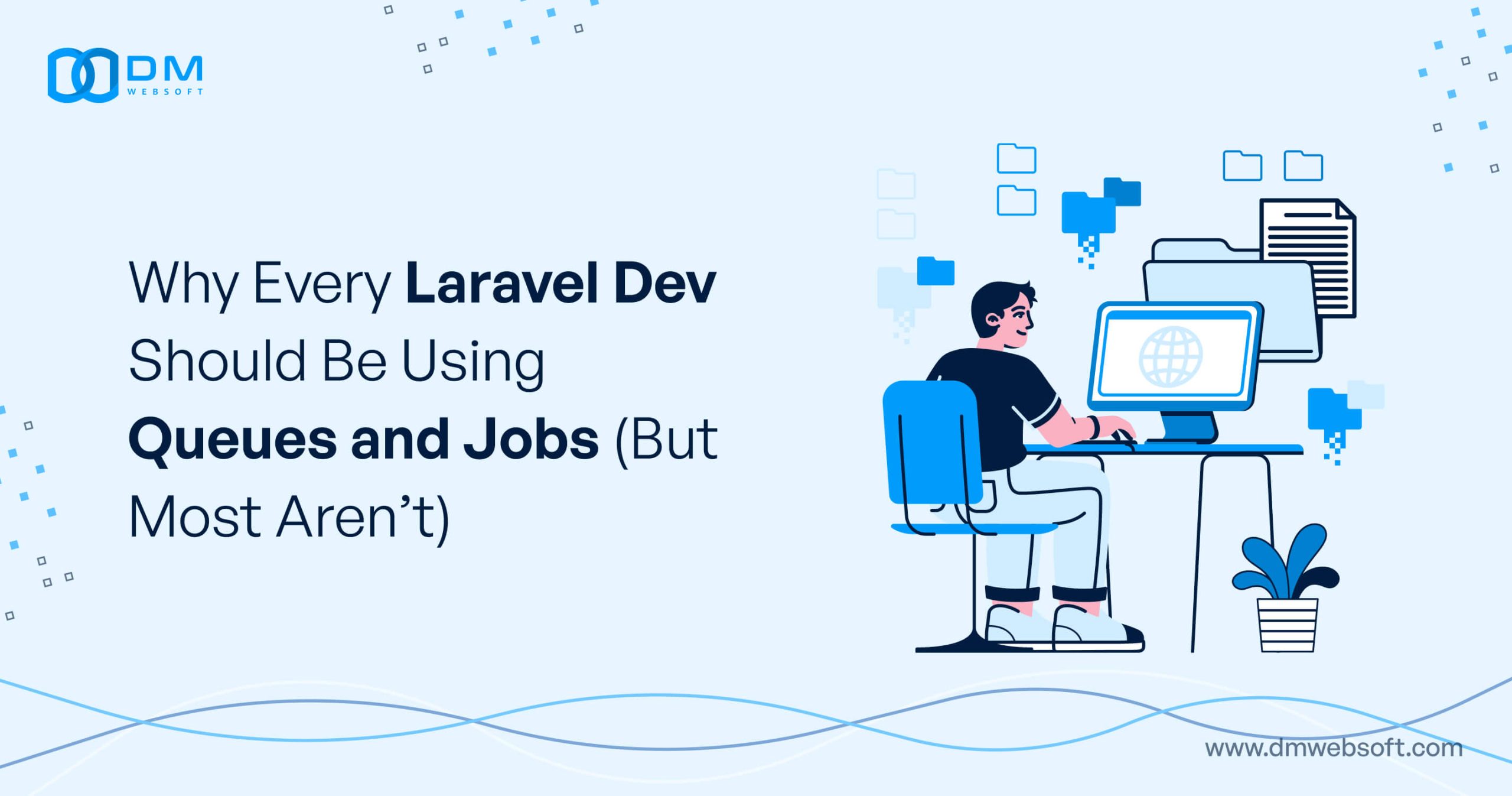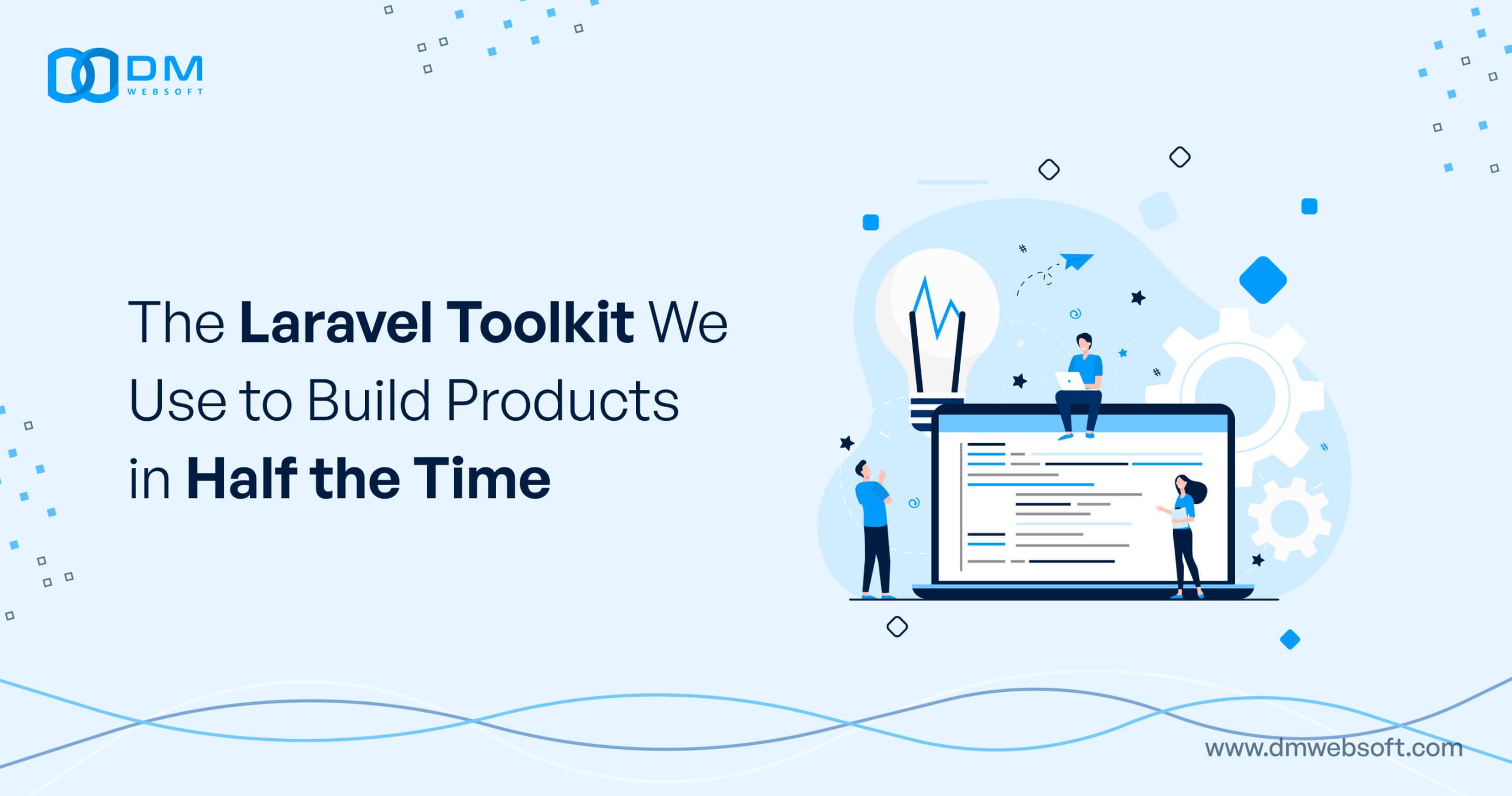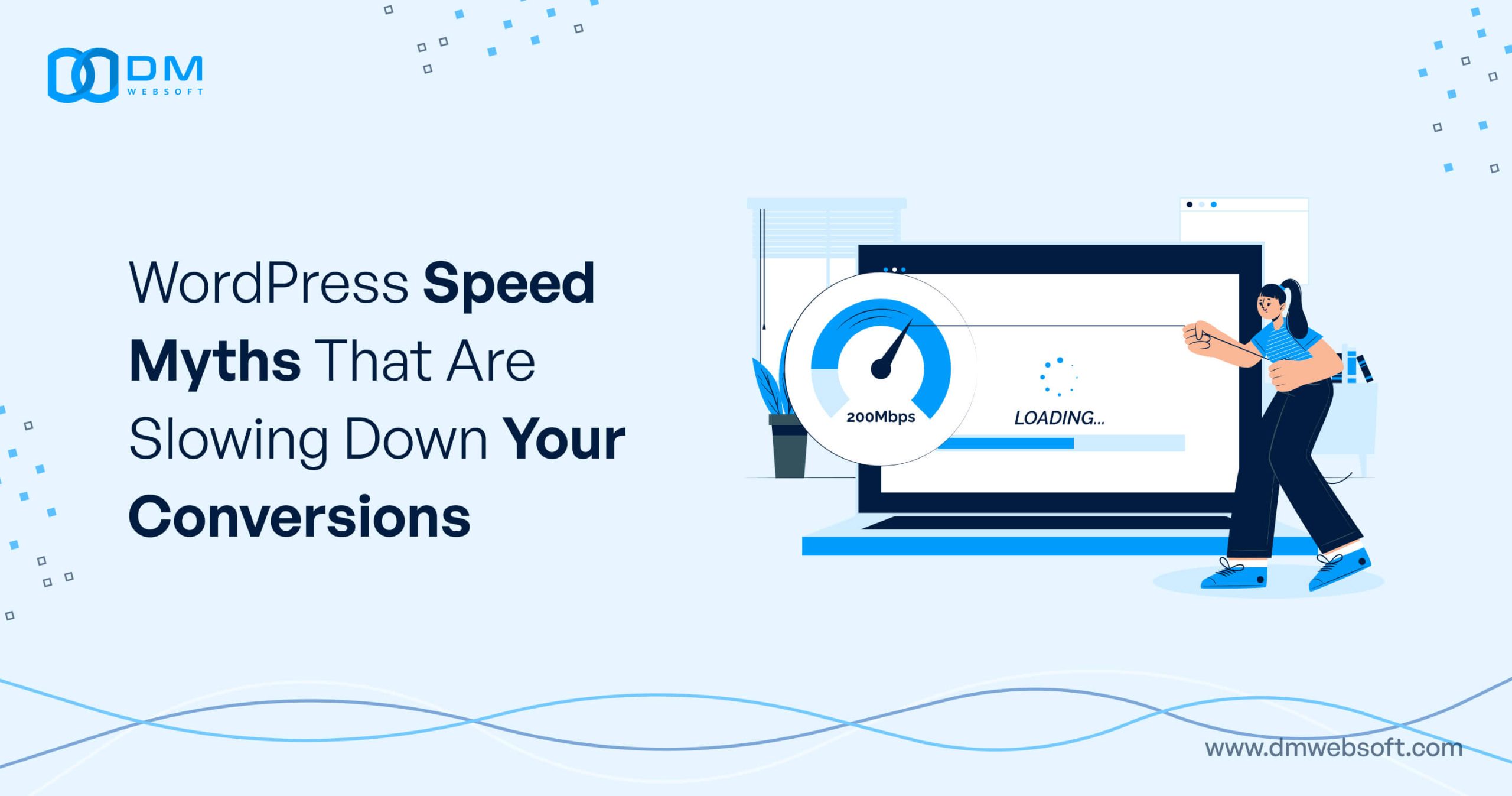DM WebSoft LLP exceeded our expectations! Their seasoned team of experts delivered a website that perfectly captures our brand essence. Their 15+ years of experience truly shine through in their exceptional web development skills.
The Essential Guide to E-commerce SEO: Driving Organic Traffic to Your Store

TABLE OF CONTENT
Introduction
Understanding E-commerce SEO
Keyword Research: The Foundation of E-commerce SEO
On-Page SEO for E-commerce: Optimizing Your Store
Technical SEO: Ensuring Your Site is Search-Engine Friendly
Content Marketing for E-commerce: Beyond Product Pages
Link Building for E-commerce: Growing Your Site's Authority
Measuring SEO Success: Analytics and Tools
How DM WebSoft LLP Can Handle This Process
Conclusion
Get in Touch
Introduction

We are in a digital world, and the web serves as the biggest market; hence, search engine optimization has utmost importance for e-commerce nowadays. SERP is short of search engine results pages and the battlefield for these company owners in terms of customer viewing. Winning or losing will not be in the charm of flamboyant ads or the noise of social media but in playing it smart and making sure your store is optimized to capture attention from organic search traffic. This is where e-commerce SEO comes to take the stage and lifts your store from the dungeon.
That’s what e-commerce SEO does—it acts as a compass that, like a sailor in some huge oceanic desert, guides lost customers directly to your products. It is knowing how to speak to those potential buyers and how they are using their queries for product searches while making your site optimal at the point in which they need it. Guiding these complexities can indeed feel a bit like charting a course through uncharted waters. This guide promises to demystify that process, serving as a beacon of clarity, and giving actionable strategies to grow the visibility of your store, drive organic traffic, and ultimately increase sales. Now you can jump on board and set your sails for e-commerce success with keyword research, on-page optimization, and making sure that your technical SEO is in perfect shape, besides content marketing and link building.
Understanding E-commerce SEO
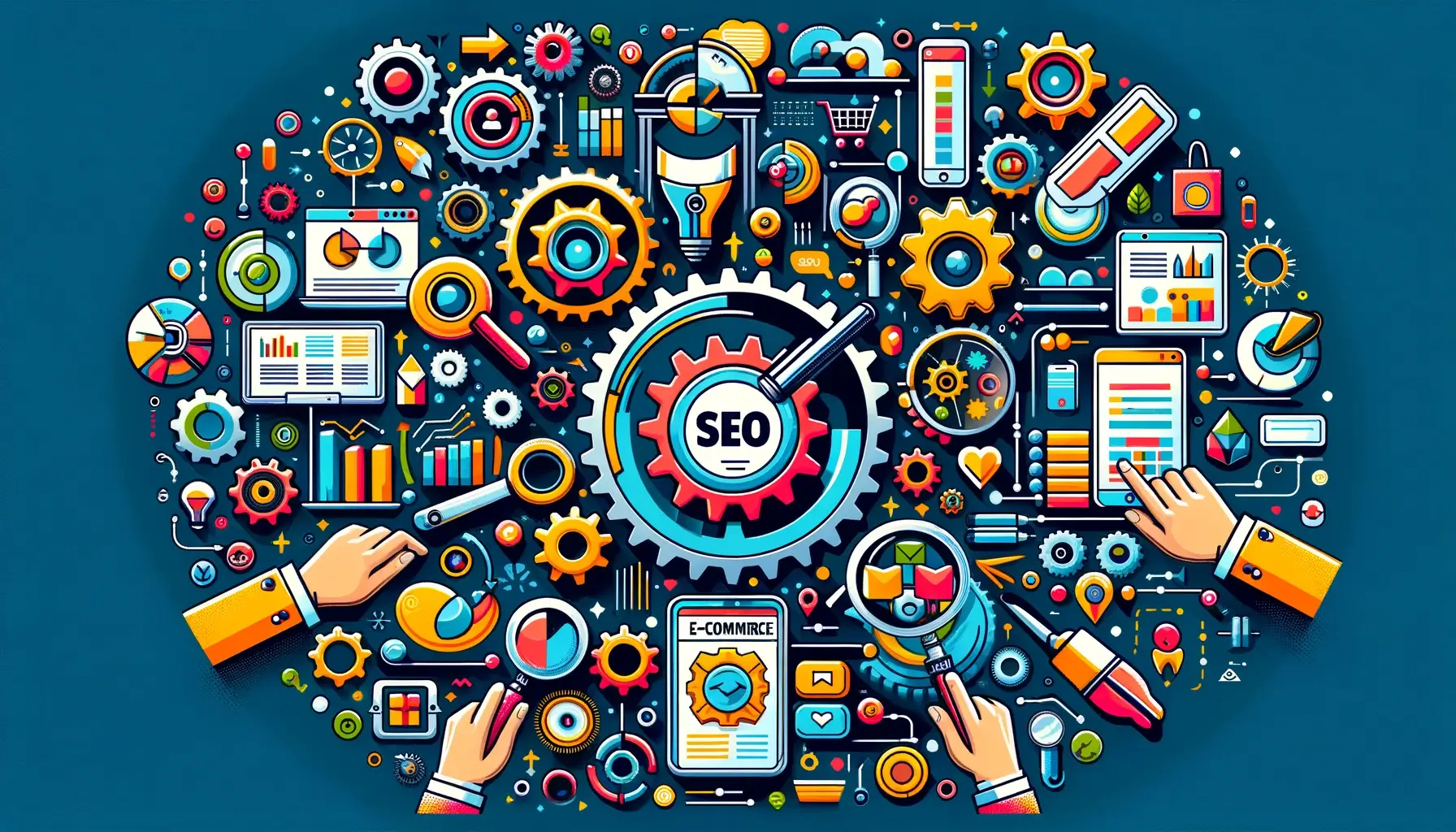
And these are the very disciplines to which e-commerce SEO articulates the art and science toward market visibility—or exactly that: making one’s online store as visible as possible to potential customers in search engine results pages. This is because, when people get to search for products that you sell, you would like to rank high so that you can gain more traffic. While traditional SEO works toward generating more traffic for its purposes of achieving visibility or some other irrelevant metric, e-commerce SEO diverts its focus on this traffic getting converted into sales.
This process includes several main components that are crucial for its strategy. First of all, it is indispensable to make deep research for keywords in order to understand what exactly your prospect customers search for. It doesn’t matter only to find out the most popular terms but rather to find a balance between search volume, relevance, and competition. For this, the best thing is targeting keywords that will indicate purchase intent of products, like specific product names, the product model number, or issues if your products resolve them.
Hence, if a list of the target keywords was made, then we proceed to the optimization of the site structure. A properly structured website with an idealistic hierarchy will ensure that search engines will be effective in crawling and indexing your site content. It also makes browsing much easier for the user. This should encompass easy and clear navigations, as well as categorizing and sub-categorizing related products on the website so that customers could locate what they want easily.
The next most vital thing in SEO is about the on-site optimization of your e-commerce site. It deals with everything, right from the titles and meta descriptions of your pages to the content and images on your product pages. Each of them would be designed so carefully, keeping in mind search engines as well as users both, naturally infusing targeted keywords with value-based information so that your visitors feel that they are compelled to make a purchase.
Technical SEO is also very important when it comes to e-commerce SEO. This would include having your site be mobile-first because today, more people tend to do online shopping through their smartphones and tablets. Another would be the optimization of page speed since slow loading of pages would mean high bounce rates and, consequently, lost sales. And then actually adding secure HTTPS protocols will go a long way not only in securing your customers’ data but also in boosting your rankings in search engines.
E-commerce SEO entails understanding that it is a multi-pronged approach in tandem with specific keyword strategies, optimizing site structure, enhancing on-page content, and technical improvement. However, the goal of each is to make your online store more visible and attractive to search engines and Internet visitors, which will bring in more traffic and sales volumes.
Keyword Research: The Foundation of E-commerce SEO
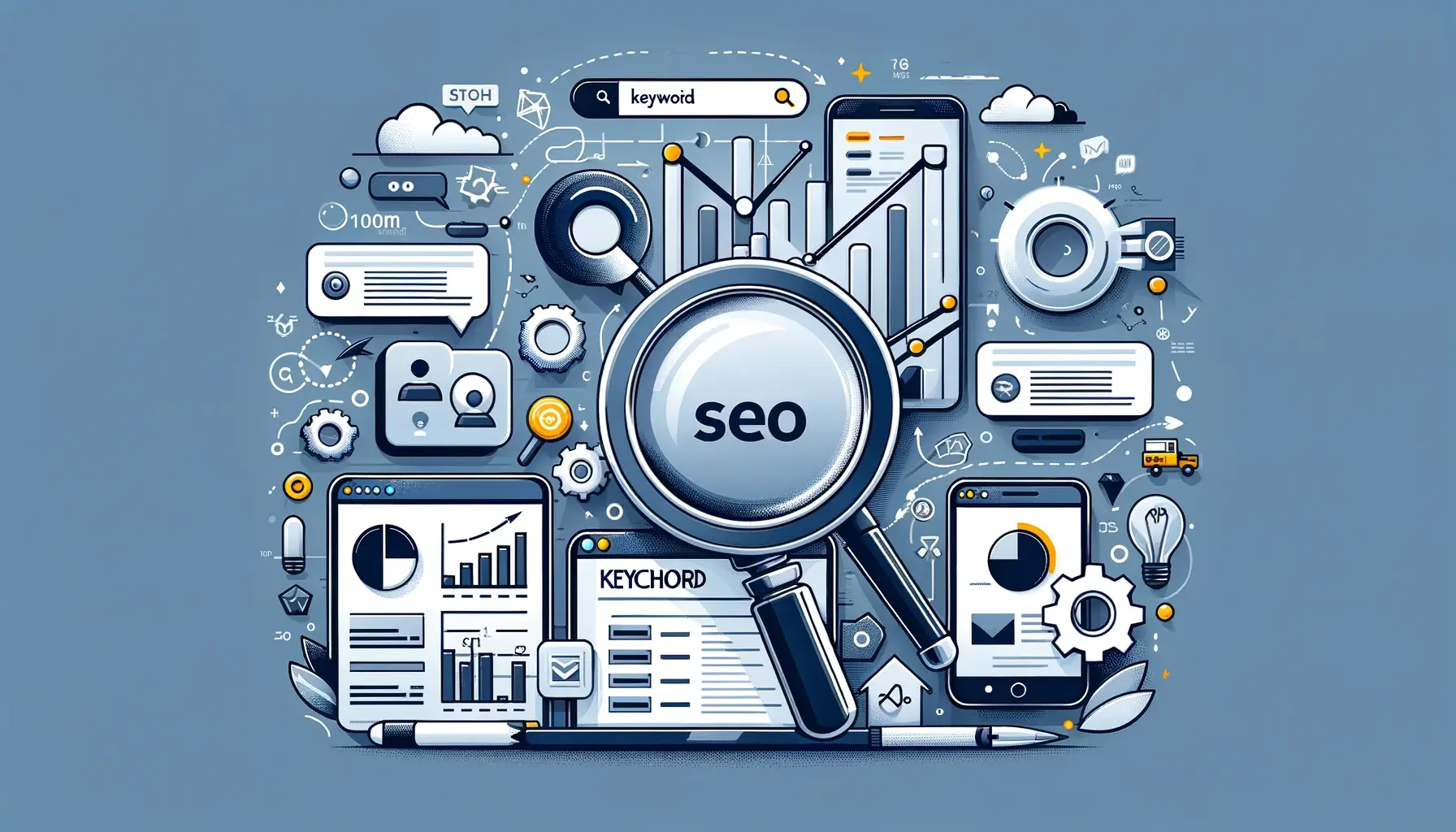
It acts as an initial language framework for a more e-commerce-oriented SEO strategy because it defines the most common phrases that prospective customers use to describe products and services similar to those offered on your site. This important first phase in e-commerce SEO outlines which words to be used for targeting traffic on your website, aligning content and product listings as per that particular language of the audience.
- Knowing Your Audience: And the very first step for that is deeply understanding your audience and their buying journey. This means understanding what they need, prefer, up to the point of identifying which words they will use throughout the stages of making a decision. Are they going to search for affordable running shoes for beginners or high performance marathon running shoes? Differences in search terms are differences in customer intent and readiness to purchase.
- Utilize Keyword Research Tools: There are a number of tools for this. So far, one of the best is Google Keyword Planner for its provision of the search volume of any keyword and its competition data. However, e-commerce websites may benefit from more serious tools due to the fact that among other things, SEMrush, Ahrefs, and Moz carry a more comprehensive scan on the performance of each keyword in terms of trends, competitor rankings, related keywords, and searches. Tools can uncover long-tail keywords: more specific and therefore usually less competitive phrases that can be driving traffic much more targeted to your site.
- Search Intent Analysis: Understanding search intent is a prerequisite for the proper optimization of an e-commerce website for SEO. The intention implied by a keyword can be strictly defined into the following categories: informational (with an intention of knowing), navigational (looking for a certain website), transactional (prepared to make a purchase), and commercial investigation (compare products or services). For a business like e-commerce, more profits are generally realized by concentrating on transactional and commercial investigation keywords, since these indicate an intention or keen interest to buy.
- Placement of the keywords Depending: When you identify the exact keywords, the next step is to ensure effective incorporation of them in your website. But this does not imply that you are going to place these keywords in all the available crannies and nooks. Instead, make sure they are only placed naturally in your product titles, descriptions, meta tags, URLs, and content. All the while, keep in mind that such efforts should be carried out with a view to making the user experience more useful and relevant and not just search-engine friendly.
- Flying Keywords: You do not simply complete keyword research and be done with it; it must be a persistent part of an effective SEO strategy. The list has to undergo a review and an update from time to time because search trends are not the same, and consumer behaviors are bound to develop while new products emerge in the fast-changing world. Keeping up with these can just as well put a store ahead in the very competitive e-commerce landscape and keep you ahead of the game so your shop stays ahead in terms of visibility and relevance to your audience.
Keyword research lies at the backbone of laying out the groundwork for optimized e-commerce SEO strategies. Knowing about your audience, their tools, understanding the search intent and placing most effective keywords increase visibility and hence boost sales to your store.
On-Page SEO for E-commerce: Optimizing Your Store

By doing on-page SEO, it’s one way to optimize a website so it can rank high on search engine results pages, getting more important traffic in return. In the case of an e-commerce store, it is fine-tuning your product pages, category details, and content to improve visibility and attract potential buyers. In any profitable e-commerce enterprise, knowledge of on-page SEO will be indispensable, for it directly impacts the way in which search engines understand and thereafter price your site with regard to explicit search queries.
- Product Page Optimization: Your product pages are the core of any e-commerce website, so they should be properly optimized. Your product title at the very basic level should be unique, keyword-rich, and clearly give a description of the product. It should also be attractive and if possible include the brand and model information. Then write a descriptive and persuasive copy for the product descriptions within which to naturally optimize the keywords. The main focus has to be on the benefits and features of the product answering all possible queries and doubts.
- Meta Tags and URLs: Meta descriptions help in providing a summary for all pages. Though these are not ranked in the search engines, a good meta description helps increase the click-through rates from the search results pages. Every description needs to be unique with primary keywords and should motivate users to click through. Similarly, URLs need to be clean, readable with containable content for the keywords, as each URL represents the hierarchy of the site and thus it becomes important for search engines to understand its relation to each other.
- Image optimization: Relies on image file names and alt text, title text, as well as the captions that may be used since search engines cannot read images. Images are important to display your products and attract customers in e-commerce, but too heavy an image can possibly decelerate the site. Opt for web image optimization, minimizing file size without quality loss. Make them with names and alt tags containing rich relevant keywords in order to improve accessibility and indexation by search engines.
- User Experience and Site Structure: A clear structure in the site will improve user navigation and make it much easier for search engines to crawl your pages. Use clear hierarchical navigation and place your products logically in categories. Also consider using breadcrumbs as a subtle way of improving the navigation of your website, because this tool can easily contribute to internal linking and do away with the page influence value across the site.
- Mobile Optimization: With mobile shopping gaining the necessary momentum, making your e-commerce site mobile-friendly is not an option. It makes your site adapt to any screen size to make phone surfing smoother and affects your search rankings positively.
Implementation of these best on-page SEO practice tips can greatly enhance the visibility and experience of your e-commerce site. Optimize your product page, meta-tags, images, and URLs besides you’ve got to make your website mobile compatible. This lays down a very solid foundation for bringing in more traffic and broadening the audience base for repeat buyers from new customers.
Technical SEO: Ensuring Your Site is Search-Engine Friendly

Technical SEO is the backbone of your e-commerce site’s performance, focusing on improving aspects that affect its visibility and functionality. This crucial SEO facet ensures that your site is not only discoverable by search engines but also provides a smooth user experience, which can significantly influence your store’s ability to attract and retain customers. Here’s how to ensure your e-commerce site excels in technical SEO.
- Site Speed and Performance: In the fast-paced world of online shopping, speed is of the essence. A delay of a few seconds in page loading can lead to increased bounce rates and lost sales. Optimize your site’s speed by compressing images, leveraging browser caching, and minimizing the use of heavy scripts and plugins. Tools like Google’s PageSpeed Insights can provide valuable insights into your site’s performance and offer recommendations for improvement.
- Mobile Responsiveness: With a significant portion of online shopping done via mobile devices, having a mobile-responsive site is no longer optional. Google’s mobile-first indexing means that the mobile version of your site is considered the primary version for ranking. Ensure that your site’s design adapts seamlessly to different screen sizes and that navigation is intuitive on touchscreens.
- Secure Sockets Layer (SSL) Certification: Security is paramount in e-commerce. An SSL certificate encrypts data between the user’s browser and your server, safeguarding personal and payment information. Moreover, Google views HTTPS as a ranking signal, so securing your site with SSL can also improve your SEO.
- Structured Data Markup: Structured data markup, or schema markup, helps search engines understand the content of your site and provides rich snippets in search results, such as product prices, availability, and ratings. This not only enhances visibility but also makes your listings more attractive to potential customers, potentially increasing click-through rates.
- Crawlability and Indexation: Ensure search engines can easily crawl and index your site by creating a well-structured XML sitemap and using a robots.txt file to control access to certain areas of your site. Regularly check for crawl errors in Google Search Console and address any issues that could prevent your pages from being indexed.
Focusing on these technical SEO aspects can dramatically improve your e-commerce site’s search engine friendliness. By enhancing site speed, ensuring mobile responsiveness, securing your site with SSL, implementing structured data, and optimizing for crawlability, you lay a solid foundation for your store’s online success, making it easier for customers to find and enjoy your products.
Content Marketing for E-commerce: Beyond Product Pages

In the digital marketplace, where competition is fierce, and consumer attention spans are short, content marketing emerges as a strategic ally for e-commerce businesses. It extends beyond the confines of traditional product pages, offering a way to engage, inform, and entertain potential customers while subtly guiding them towards making a purchase. Effective content marketing not only enhances your brand’s visibility but also establishes trust and authority in your niche.
- Leveraging Blog Content: A well-curated blog can be a goldmine for e-commerce sites. By creating informative, engaging posts related to your products or industry, you can attract a broader audience to your site. Topics can range from how-to guides and product comparisons to industry trends and customer success stories. This content should address your audience’s needs and interests, offering value that extends beyond mere product promotion. Strategically incorporating relevant keywords into your blog posts can also boost your SEO efforts, drawing in organic traffic.
- Exploring Video Content: Video content’s popularity continues to soar, making it an indispensable tool for e-commerce sites. Product demonstrations, tutorials, behind-the-scenes looks, and customer testimonials in video format can significantly enhance engagement. Videos help convey your brand’s personality and the value of your products in a way that text and images alone cannot. Furthermore, hosting these videos on platforms like YouTube can open up additional channels for attracting traffic to your store.
- Encouraging User-Generated Content: User-generated content (UGC), such as customer reviews, Q&As, and social media posts, can serve as powerful endorsements for your products. Encouraging your customers to share their experiences not only provides social proof but also contributes to your content marketing efforts. Featuring UGC on your product pages, in your blog, or on social media can boost credibility and foster a sense of community around your brand.
Content marketing for e-commerce transcends product pages, offering a multifaceted approach to connect with and convert your target audience. By investing in a diversified content strategy that includes blogs, videos, and user-generated content, you can enhance your online presence, build trust with potential customers, and ultimately drive more sales. This strategic emphasis on content not only aids in SEO but also enriches the customer journey, setting your e-commerce store apart in a crowded digital landscape.
Measuring SEO Success: Analytics and Tools

In the complex landscape of e-commerce SEO, effectively measuring success is critical for understanding the impact of your efforts and guiding future strategies. With myriad metrics and tools available, it can be challenging to discern which indicators best reflect your site’s SEO performance. This section delves into the key metrics for measuring SEO success in e-commerce, and the tools that can help you track these metrics accurately.
Key Performance Indicators (KPIs) for E-commerce SEO
- Organic Traffic: The volume of visitors coming to your site from search engines is a fundamental indicator of SEO success. An increase in organic traffic suggests that your visibility in SERPs is improving, leading more potential customers to your store.
- Conversion Rate: Traffic alone doesn’t equate to success unless it converts into sales. Monitoring the conversion rate of your organic traffic helps you understand how effectively your SEO efforts are contributing to your bottom line.
- Keyword Rankings: The position of your site in SERP for targeted keywords is a direct outcome of your SEO activities. Tracking changes in rankings for your chosen keywords can provide insights into the effectiveness of your optimization strategies.
- Bounce Rate: This metric indicates the percentage of visitors who leave your site after viewing only one page. A high bounce rate could suggest that your site’s content or user experience does not meet the expectations of your visitors.
- Page Load Time: Site speed is a critical factor for both SEO and user experience. Monitoring page load times and addressing any issues can help improve both your rankings and customer satisfaction.
Tools for Tracking SEO Performance
- Google Analytics: This comprehensive tool allows you to track organic traffic, conversion rates, bounce rates, and much more, providing a holistic view of your site’s performance.
- Google Search Console: Essential for any SEO toolkit, Search Console offers insights into your site’s visibility in Google search, including keyword rankings, click-through rates, and crawling errors.
- SEMrush or Ahrefs: These all-in-one SEO platforms offer advanced features for keyword research, competitor analysis, backlink tracking, and more, enabling a deeper understanding of your site’s SEO landscape.
Continuous Optimization
Measuring SEO success is not a one-time task but an ongoing process. Regularly analyzing these metrics allows you to identify trends, uncover issues, and adapt your strategies to the ever-changing SEO environment. By staying informed and responsive, you can continuously refine your e-commerce SEO efforts, ensuring long-term success and sustained growth in the competitive online marketplace.
How DM WebSoft LLP Can Handle This Process
In the ever-evolving realm of e-commerce, where competition is fierce and the digital landscape constantly shifts, achieving and maintaining a robust online presence requires expertise, strategic planning, and continuous optimization. This is where DM WebSoft LLP steps in, offering comprehensive solutions to navigate the complexities of e-commerce SEO and drive substantial, measurable success for your online store.
- Expertise in E-commerce SEO: DM WebSoft LLP brings a wealth of knowledge and specialized expertise in e-commerce SEO, understanding the unique challenges and opportunities that online retailers face. Their team of SEO specialists is adept at crafting tailored strategies that align with your business goals, target audience, and market dynamics. By staying abreast of the latest SEO trends and algorithm updates, DM WebSoft LLP ensures your e-commerce site not only reaches its target audience but resonates with them, encouraging engagement and conversion.
- Customized SEO Strategy Development: Recognizing that each e-commerce business is unique, DM WebSoft LLP begins with an in-depth analysis of your current online presence, competitive landscape, and customer behavior. This data-driven approach enables them to identify key opportunities and challenges, develop a customized SEO strategy that targets high-intent keywords, optimizes site structure, and enhances on-page elements to improve visibility and attract qualified traffic.
- Technical SEO and Site Optimization: With a keen understanding of the technical underpinnings of successful e-commerce sites, DM WebSoft LLP tackles issues that could hamper your site’s performance and search engine ranking. From enhancing site speed and mobile responsiveness to implementing SSL certificates and structured data markup, they ensure your site is not only search-engine friendly but also offers an exceptional user experience.
- Content Strategy and Link Building: Beyond technical and on-page SEO, DM WebSoft LLP recognizes the importance of content marketing and link building in establishing your site’s authority and driving organic traffic. They help create compelling, valuable content that engages your audience and establishes your brand as a thought leader. Simultaneously, their strategic link-building efforts aim to increase your site’s authority through high-quality backlinks, further boosting your SEO performance.
- Measuring and Reporting on Success: Understanding the importance of transparency and accountability, DM WebSoft LLP provides comprehensive reporting and analytics, offering clear insights into the performance of your SEO initiatives. Regular reports and analyses enable you to see the direct impact of their efforts on your site’s traffic, rankings, and, most importantly, sales.
In conclusion, DM WebSoft LLP stands as a pivotal partner for e-commerce businesses aiming to enhance their SEO efforts. Through their expert guidance, customized strategies, and continuous optimization, they navigate the complexities of e-commerce SEO, driving growth, and ensuring that your online store not only survives but thrives in the digital marketplace.
Conclusion
SEO is a long-term strategy, and results can vary based on numerous factors including the competitiveness of your industry, the current state of your website, and the effort put into SEO activities. Typically, you might start seeing initial improvements within 3 to 6 months, but significant growth and ROI are often observed after 6 to 12 months of consistent effort.
Yes, while the core principles of SEO apply to both, e-commerce SEO includes additional strategies tailored to online stores. This involves optimizing product pages, categories, and ensuring the site architecture is conducive to shopping. It focuses more on transactional search queries and converting visitors into customers.
Product descriptions play a critical role in e-commerce SEO. They provide valuable content for search engines to index and help match your products with relevant search queries. Well-crafted descriptions using target keywords can improve rankings and attract more potential customers to your site.
Incorporating a blog can significantly enhance your e-commerce SEO strategy. Regularly publishing high-quality, relevant content can attract more organic traffic, engage potential customers, and provide additional opportunities to rank for a broader range of keywords. It also supports link-building efforts by offering valuable content that others may want to link to.
Get Started Now !
What’s the Process ?
Request a Call
Consultation Meeting
Crafting a Tailored Proposal
Get Started Now !
Real Stories, Real Results. Discover What Our Clients Say

Working with DM WebSoft LLP was a game-changer for our business. Their technical prowess and innovative solutions transformed our online presence. A highly recommended web development agency with a stellar track record.

We are thrilled with the results DM WebSoft LLP delivered. Their deep understanding of web development coupled with years of expertise ensured a seamless and visually stunning website. True professionals!

In a digital age where first impressions matter, DM WebSoft LLP crafted a website that speaks volumes. The team’s attention to detail and commitment to quality set them apart. Thank you for making our vision a reality.

DM WebSoft LLP’s team demonstrated unparalleled expertise. Their ability to navigate complex technical challenges with ease is truly commendable. Choosing them for our web development needs was the best decision.

Exceptional service, unmatched skills! DM WebSoft LLP stands out as a leading web development agency. Their collaborative approach and commitment to excellence make them our go-to partner for all things web-related.

DM WebSoft LLP turned our ideas into a digital masterpiece. The seamless communication and timely delivery of our project showcased their professionalism. Highly impressed with the level of creativity and skill.

Our experience with DM WebSoft LLP was nothing short of amazing. From concept to execution, their team provided top-notch web development services. A reliable partner for businesses looking to elevate their online presence.

DM WebSoft LLP’s team of tech experts is second to none. Their wealth of experience reflects in the quality of their work. Our website not only meets but exceeds industry standards, thanks to their dedication.

Choosing DM WebSoft LLP was the best investment for our web development needs. Their team’s proficiency, coupled with a customer-centric approach, made the entire process smooth and enjoyable. A pleasure to work with!




